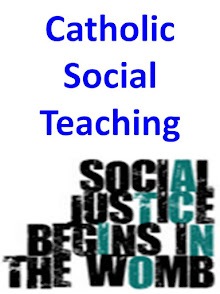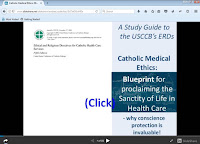- "House Bill 300 and Senate Bill 300 would add 'gender identity or expression' and 'sexual orientation' to Pennsylvania’s non-discrimination law....
"Legislative proposals like this one are attempts to eliminate and marginalize institutional and individual religious or moral objection to the sexual conduct of others....
"Simply put, this legislation is intolerant and prejudiced against people of faith."
Among the co-sponsors of HB 300 are Representatives Katharine Watson, Steve Santarsiero, Marguerite Quinn, Scott Petri, John Galloway, and Tina Davis. Among the co-sponsors of SB 300 are Senators Chuck McIlhinney and Tommy Tomlinson.
According to the Pennsylvania Pro Life Federation, Watson (144) and Galloway (140) are "Pro Life" and running unopposed; Tomlinson (06) is also "Pro Life" and running for re-election. Quinn (143) and Petri (178) reportedly "Lean Pro Life" and are running unopposed.
So, what did Katharine Watson, John Galloway, Tommy Tomlinson, Marguerite Quinn, and Scott Petri gain by co-sponsoring legislation, which is "intolerant and prejudiced against people of faith"?
- While Chuck McIlhinney tops the list of incumbent senators endorsed by Equality Pennsylvania, Tommy Tomlinson gets their cold shoulder.
- While Tina Davis and Steve Santarsiero are endorsed by Equality Pennsylvania, Katharine Watson, John Galloway, Marguerite Quinn, and Scott Petri get their cold shoulder.






































